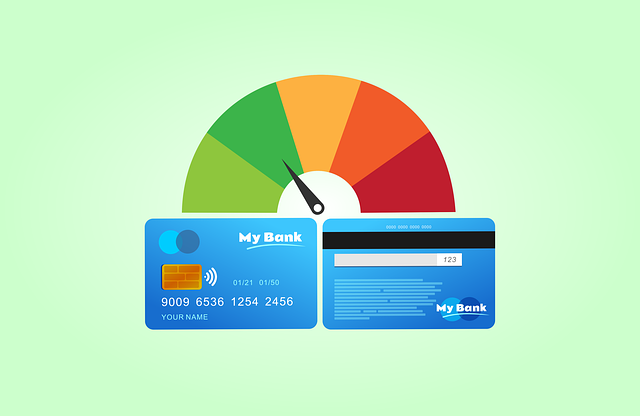State laws require identity and vehicle ownership verification in title loans. Mandatory insurance protects lenders and borrowers, but "no credit check" options offer same-day funding in urban areas like Houston. In today's digital age, using emergency funds as collateral provides an alternative to insurance, simplifying approval and costs, yet carries stricter terms and asset loss risk for non-payment.
In the realm of alternative lending, title loans have emerged as a quick solution for borrowers. However, a pressing question remains: can a lienholder permit a title loan without insurance? This article delves into the intricate details surrounding this topic. We explore legal requirements for title loans and dissect the role insurance plays in this sector. Furthermore, we uncover alternatives to traditional insurance, offering a comprehensive guide for both lenders and borrowers seeking non-insured title loan options.
- Legal Requirements for Title Loans
- Role of Insurance in Title Lending
- Alternatives to Traditional Insurance
Legal Requirements for Title Loans

In the realm of title loans, a crucial aspect that often sparks debate is whether a lienholder can approve such loans without requiring insurance. Legally, the requirements for obtaining a title loan vary by state, but certain standards are universally upheld to protect both lenders and borrowers. One key mandate is the verification of the borrower’s identity and their ownership of a motor vehicle as collateral. This ensures that the lender has a legitimate claim on the asset if the borrower defaults.
Additionally, many states have regulations in place that require some form of insurance coverage for these loans. This is to safeguard against potential losses and ensure borrowers have financial protection. The absence of insurance may lead to legal complications for lenders, especially when dealing with high-risk borrowers or substantial loan amounts. A notable exception is the scenario of “no credit check” title loans, where the focus shifts towards same-day funding accessibility in Houston or other urban centers like it, offering a quick solution for those needing cash fast.
Role of Insurance in Title Lending

Insurance plays a pivotal role in the realm of title lending, acting as a protective shield for both the lender and the borrower. When a borrower seeks a title loan without insurance, they are effectively waiving this crucial safety net. In simple terms, a title loan is a type of secured loan where the borrower’s vehicle ownership serves as collateral. This means if the borrower defaults on payments, the lender has the legal right to repossess the vehicle. Insurance steps in to mitigate financial risks by covering potential losses or damages to the vehicle during the loan period.
For instance, in the bustling city of Houston, where Houston title loans are prevalent, insurance is mandatory for several reasons. It protects the lender from significant financial losses if the borrower’s vehicle sustains damage or gets stolen. Furthermore, it provides borrowers with peace of mind, knowing their investment (the vehicle) is protected. Thus, while some may consider skipping insurance for a title loan without insurance, it is a decision that could have far-reaching implications for both parties involved.
Alternatives to Traditional Insurance

In today’s digital era, alternatives to traditional insurance have emerged, offering individuals more flexibility when it comes to securing loans like title loans. One such option is the use of emergency funds as a form of collateral. This approach allows borrowers to access funds without the need for comprehensive insurance coverage, providing a potential solution for those seeking a title loan without insurance. By utilizing their vehicle’s equity, borrowers can obtain repayment options tailored to their financial situation, even with bad credit.
Compared to traditional insurance-backed loans, this method may simplify the approval process and reduce overall costs. However, it’s crucial for both parties—the lienholder and borrower—to understand the risks involved. Lenders must assess the potential impact of non-payment on their investment, while borrowers should be prepared for stricter repayment terms and the possibility of losing their asset if they fail to meet obligations. Nonetheless, exploring these alternatives can provide a path forward for individuals needing quick access to emergency funds or those disqualified from conventional loan programs due to credit history.
While traditional practice involves insuring title loans to safeguard both lenders and borrowers, alternative options exist that can allow lending without insurance. Understanding the legal requirements and exploring these alternatives can open avenues for flexible lending arrangements. However, it’s crucial to note that bypassing insurance may come with increased risk and should be considered carefully, ensuring compliance with all applicable laws and regulations regarding title loans.






